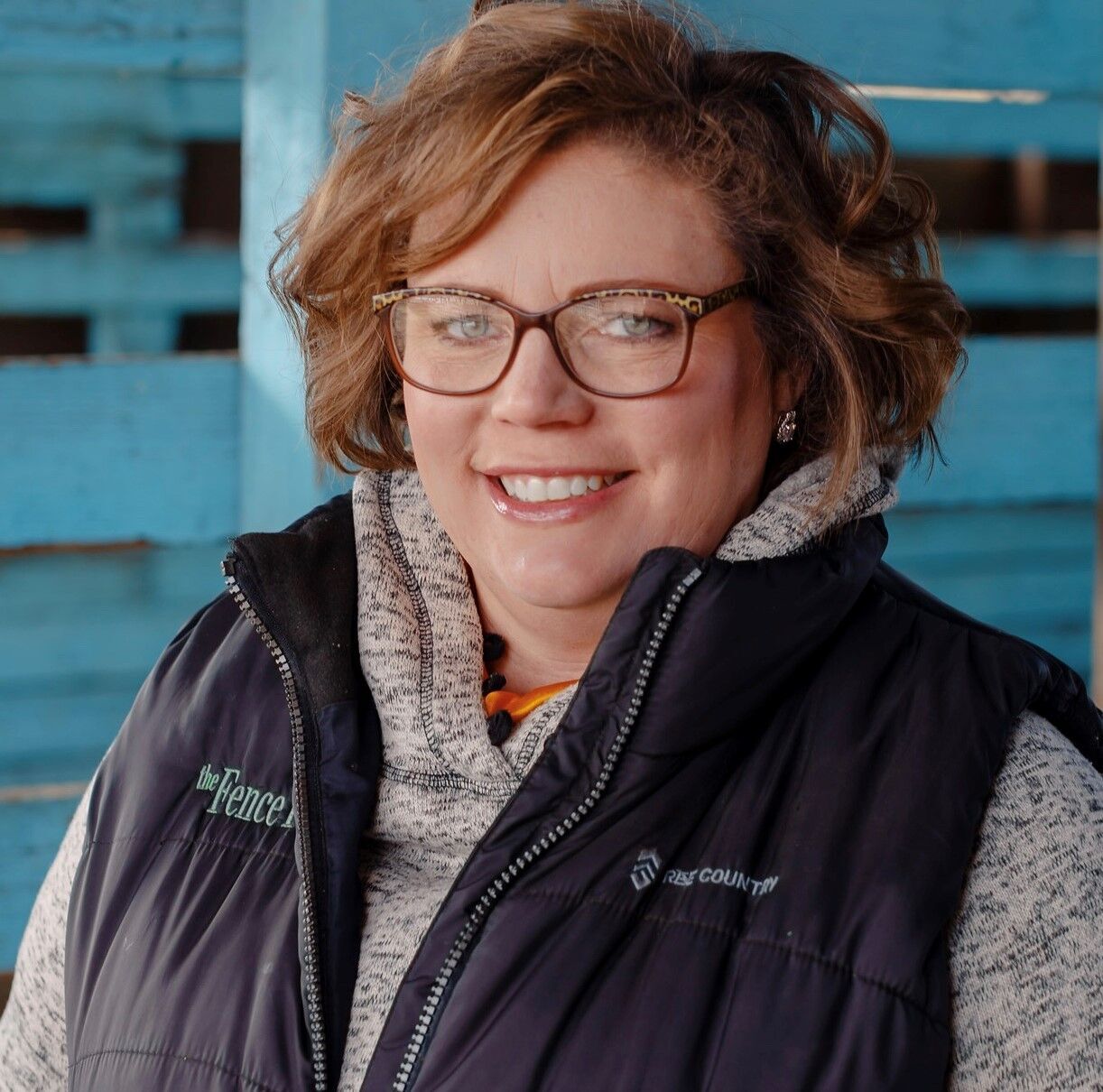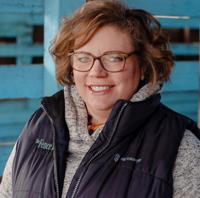GABEL | New Ag positions must connect with state farmers

Rachel Gabel

Rachel Gabel
One of the most admirable traits in a leader is the willingness to surround yourself with people who know more than you do about the topics that will determine your success or failure in your career. Agriculture Commissioner Kate Greenberg is poised either to do just that or to seal her fate with the state’s production agriculture community.
In what her office is calling a “reorganization,” Greenberg has hired long-ish-time Colorado Department of Agriculture staffer Hollis Glenn as the Deputy Commissioner of Operations. The department announced last week they’ll be hiring up to four regional assistant commissioners around the state. These positions will replace the traditional deputy commissioner position, most recently filled by former U.S. Department of Agriculture counsel Steve Silverman.
According to the job description for the regional positions, the part-time posts will serve as liaisons between the CDA and communities served in geographic regions. Those include agricultural producers, workers, business owners, aspiring farmers, aspiring ranchers, elected leaders and consumers.
The intent behind these new jobs appears to be to “further the Department’s efforts in cultivating relationships with local agricultural communities,” in addition to the positions serving as spokespeople for the department, resources for CDA and liaisons between producers and the department.
This could go a number of ways, including sideways — but it has potential. Former commissioners of agriculture came to the post with extensive production agriculture experience on their own operations, in addition to, in many cases, experience in the legislature. This was less the case for Greenberg, though she has spent a great deal of time visiting with some producers and groups.
The factor that will determine the success of these new roles is, as is most frequently the case, the people chosen to fill them. Greenberg experienced significant backlash when she hired Dr. Rebecca Niemiec to head up the Bureau of Animal Protection and much of the backlash from Gov. Jared Polis’s Meat Out Day proclamation also landed in her lap.
Specialty agriculture — hemp, microgreens, young and minority producers, for instance — all very much have Greenberg’s ear. The groups she has struggled with are the ones who represent the major agriculture commodities in the state: livestock, produce, and conventional farming.
These are the groups and individuals who felt most earnestly the attack of PAUSE, the failed ballot proposal that would have criminalized many best practices in livestock production and crippled the state’s multi-billion-dollar meat-processing sector. These are the individuals who wake up in the middle of the night worried about the animal activist-friendly administration and the likelihood of California Prop 12-type disasters making their way to the state. These are the groups who shouldered Colorado Sen. Jessie Danielson’s ag labor laws and are scrambling to upgrade egg facilities to meet new cage-free laws in the midst of being forced to euthanize birds by the tens of thousands when Highly Pathogenic Avian Influenza affects their barns. These individuals likely didn’t vote for Polis and more likely don’t trust him.
It is from those groups that the new positions must be filled.
There is nothing wrong with the CDA’s Wildly Important Goals, with the possible exception of the nomenclature. Building economic and supply-chain resilience, advancing voluntary stewardship, supporting the next generation in agriculture and promoting animal health and welfare are reasonable goals. However, if the groups that shoulder the cost, pay the state’s bills and feed the consumers aren’t included, or at least not made to feel like the red-headed stepchildren, the agriculture community will continue to reject the very department that should be fighting for them. Farmers and ranchers are, in the vast majority of cases, doing their part to help CDA meet those goals, and that should be recognized.
If Greenberg hires only left-field ag folks who don’t represent agriculture in their particular region, this will fail. Candidates in the San Luis Valley must be deeply familiar with water, hay production, potato production and the other crops grown in that part of the state. There must be a cattle producer among the individuals chosen as well as someone with dairy experience — not water buffalo dairies or boutique hand-fed miniature beef cattle, but representative of the cattlemen in the state. Choosing a hemp farmer would be the smooch of death for this program. Call me old fashioned, but the individuals need to be a part of the ag community and someone who knows his or her neighbors. These are, however, people who may not be chomping at the bit to be a part of Polis’s administration.
If Greenberg chooses wisely, this could work. The other consideration is whether or not she and Polis will listen to the assistant commissioners over the din of noise from the people and legislators with no skin in the game or, worse, a desire to end agriculture.
Rachel Gabel writes about agriculture and rural issues. She is assistant editor of The Fence Post Magazine, the region’s preeminent agriculture publication. Gabel is a daughter of the state’s oil and gas industry and a member of one of the state’s 12,000 cattle-raising families, and she has authored children’s books used in hundreds of classrooms to teach students about agriculture.





